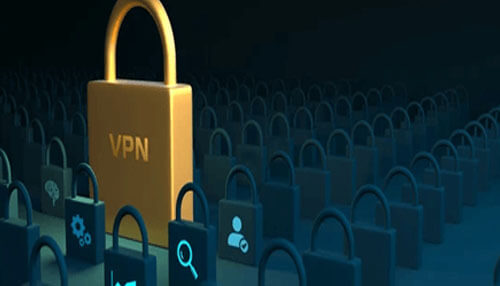VPN is a virtual private network. It is used for secure browsing. Here is a complete guide on how VPN increases online security and privacy of its users.
What is a VPN?
The VPN encrypts the internet connection. It can be an application, software, or server. The VPN apps offer readymade shortcuts based on the network status of the user and his location. They are advanced forms of VPN servers. One such good VPN app is Clear VPN. Visit clearvpn.com to learn more about the application. They keep the data safe when a hacker is trying to steal data, especially on a public network in restaurants, airports, and hotels. It also helps to protect personal data such as bank credentials and credit card information.
How Does VPN Protect Privacy?
The VPN protects the privacy of the user by masking his or her IP address. Every device connected to the internet is identified by a unique number called its IP address. The VPN hides this address and redirects the traffic through a remote server. This server is specially configured to redirect the traffic. With this, it creates a tunnel between the local network used and the exit node. This exit node is located thousands of kilometers away from the user. It will appear as if the user is browsing from another place.
VPN Hides Browsing History
Without the VPN, the ISP (Internet Service Provider) can see the IP address of the user. And also, his online activities. They track such activities and sell the data for a good price. This information has good value, especially in the E-commerce industry. Therefore, it is important to use a VPN to protect the identity.
Increases Browsing privacy
The shopping applications, search engines and social media platforms are continuously collecting the browser history of the users. They keep track of the links visited by them. And also track the products viewed by them. With this, they learn about their interests. They then use this information to provide content that is oriented towards their interests. This appeals to the users. They are tricked into getting satisfied with the services and products displayed on the screen. Clearing the browsing history does not stop this. VPN is the only effective way to escape this. The VPN hides the cached data in the browser and location. This enhances browsing privacy and prevents companies serving interests-based on search results.
Content-based Bandwidth Throttling
Every day the streaming content (video or music) of the customer are increasing. The Internet Service Providers (ISP) have reacted to this by decreasing the connection speed of their customers. This is done only to selected customers. In fact, only to those who consume more data.
The ISPs are able to do so only because they have access to the browsing activities of their customers. This frustrates the customers as they do not receive the advertised internet speed. This can be avoided using a VPN. The VPN hides the internet activities of its users. It stops the ISPs from seeing how much content the user has downloaded or streamed and thus lowers their chances of reduced speed.



